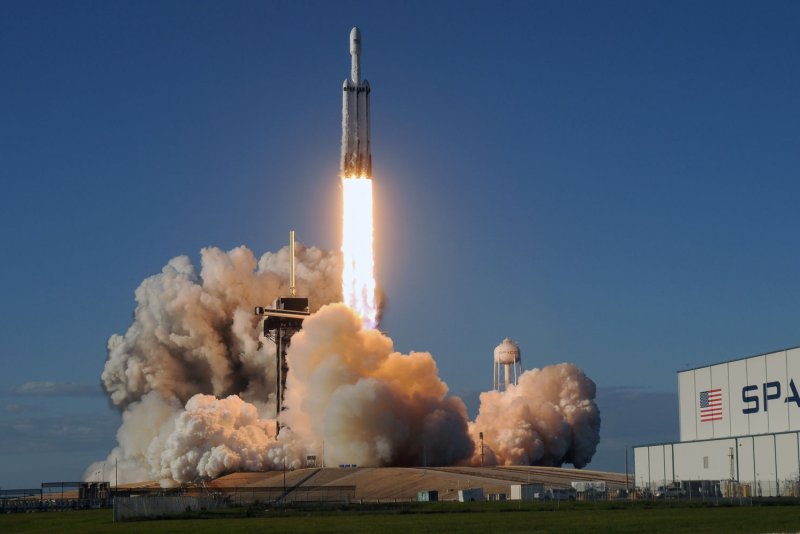April 22 (UPI) -- The "anomaly" experienced by SpaceX's Crew Dragon won't affect the company's planned space station resupply mission next week.
NASA said SpaceX's Falcon 9 rocket is still scheduled to launch the company's Dragon cargo spacecraft on April 30, sending it to the International Space Station.















